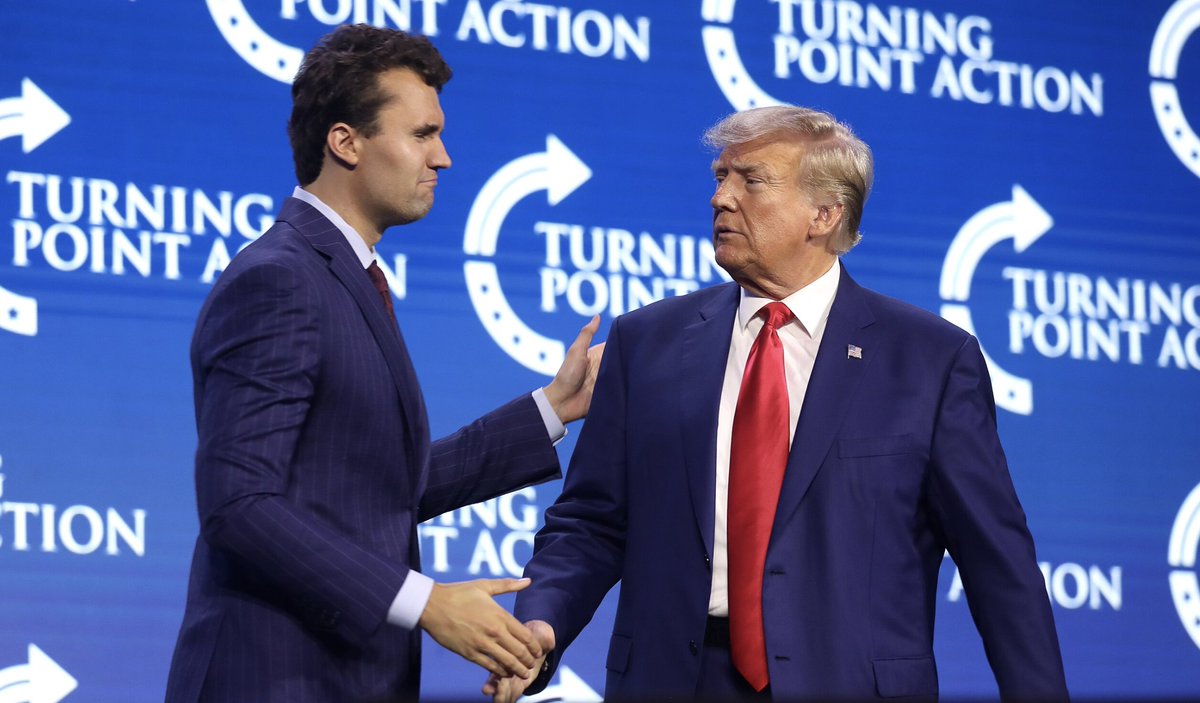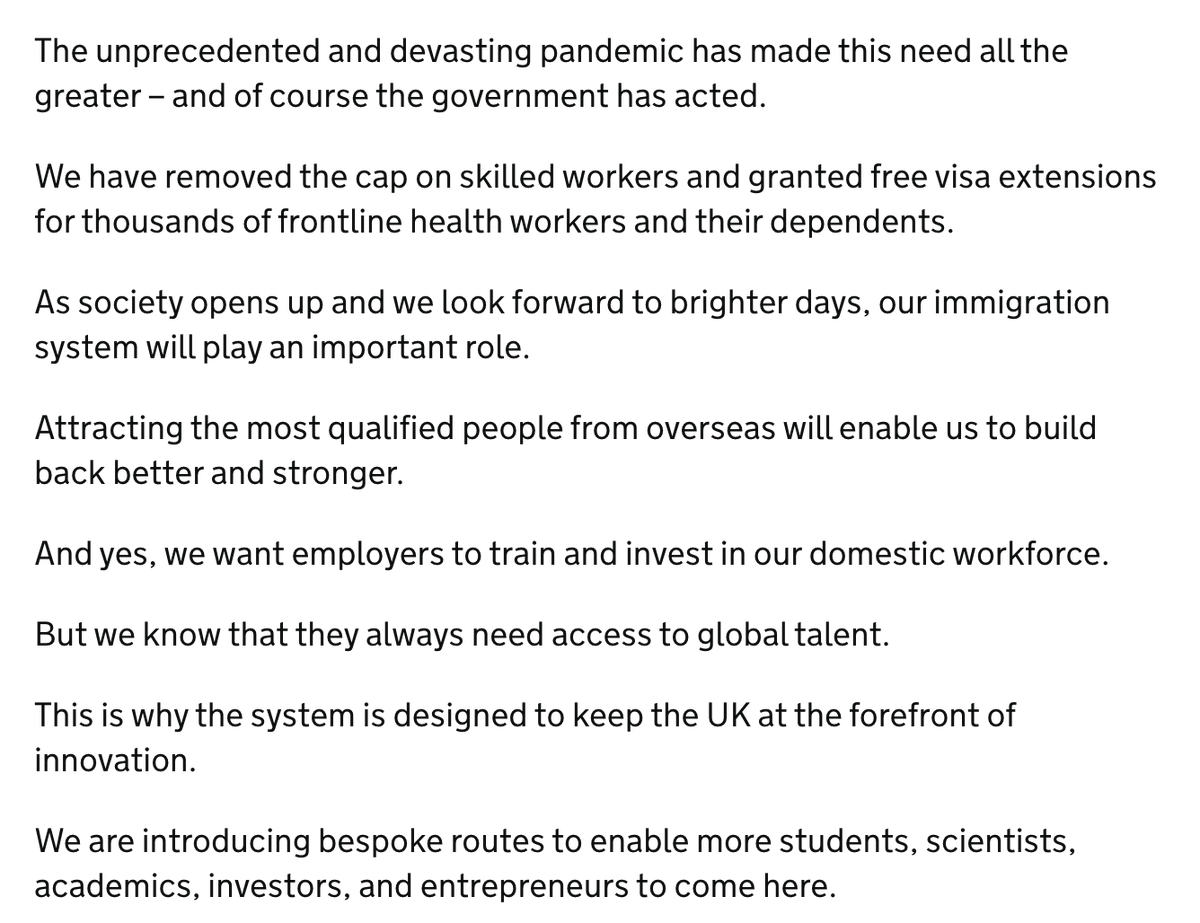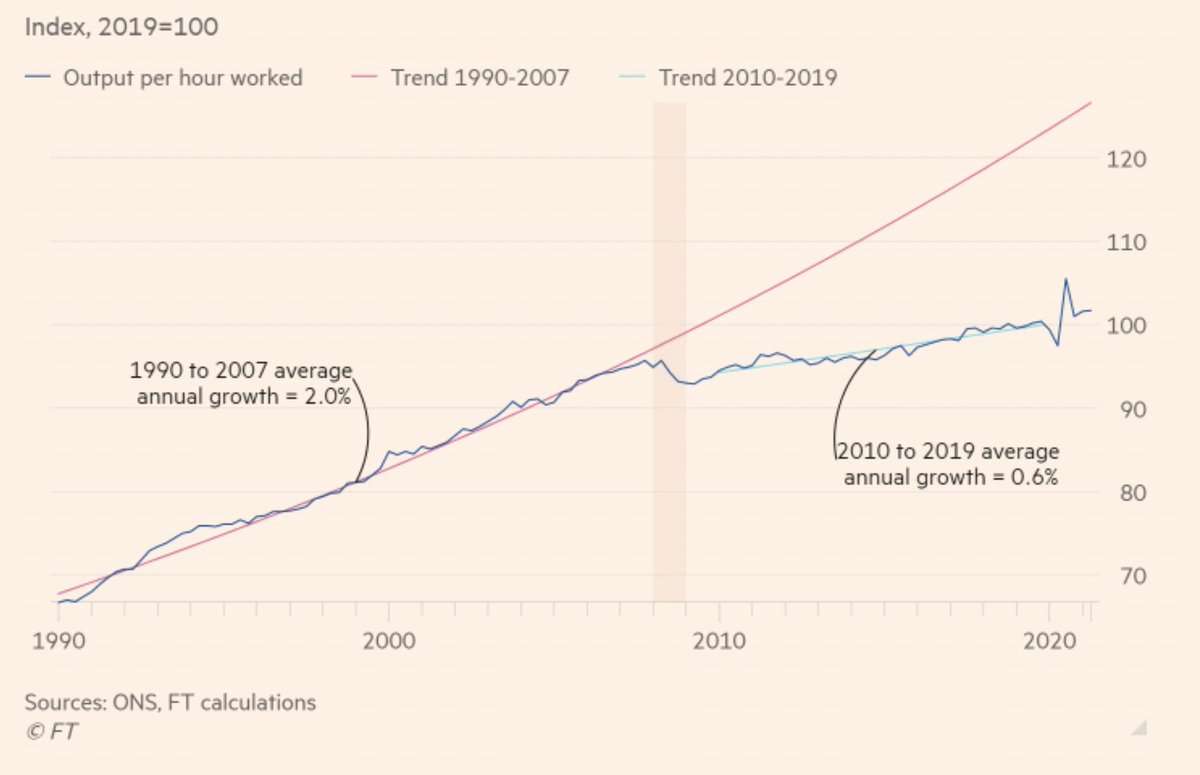
How to get URL link on X (Twitter) App


 1. The Friend–Enemy line hardens
1. The Friend–Enemy line hardens


 Why do I believe this? What makes me so sure?
Why do I believe this? What makes me so sure?




 In fact, the Rotherham scandal is so pivotal - such a defining moment in modern UK history - that you could even place it in the top five. Why? For several deeply troubling reasons.
In fact, the Rotherham scandal is so pivotal - such a defining moment in modern UK history - that you could even place it in the top five. Why? For several deeply troubling reasons.



 THE GREAT DECEPTION
THE GREAT DECEPTION

 1. Entrepreneurial spirit
1. Entrepreneurial spirit


